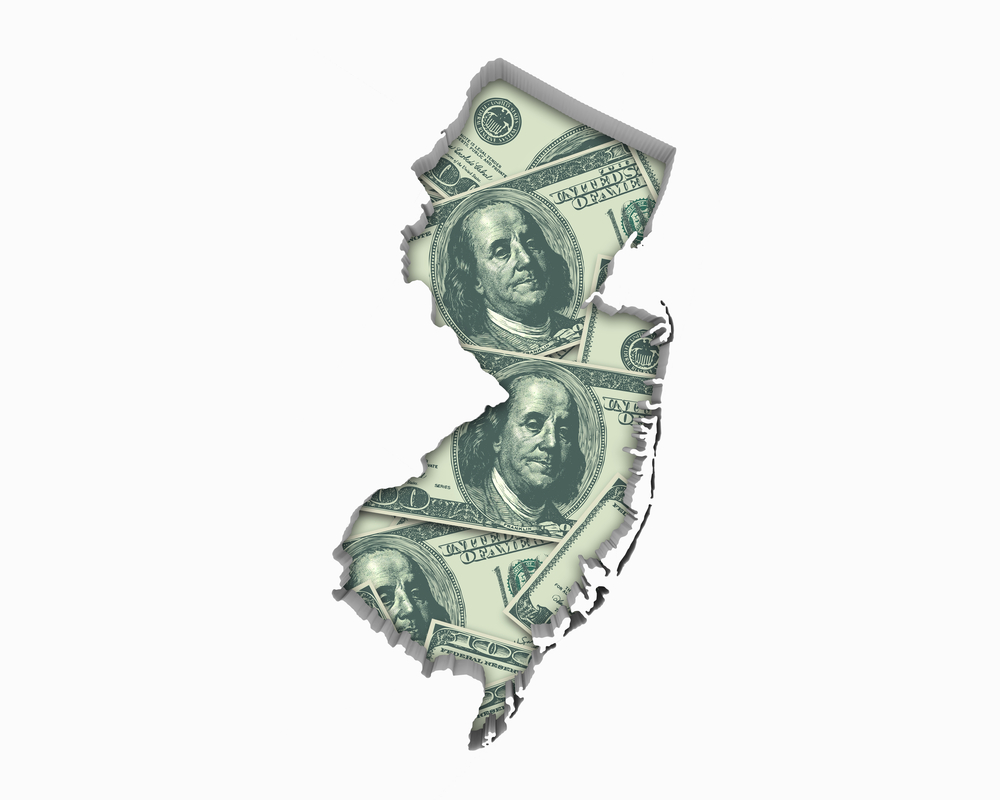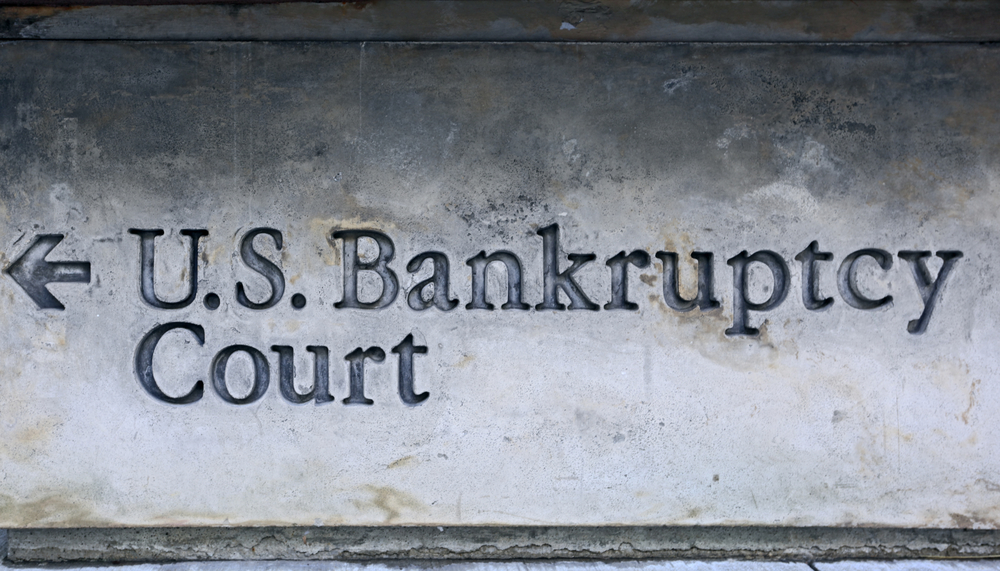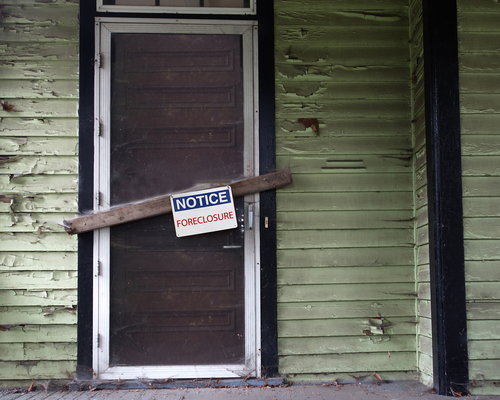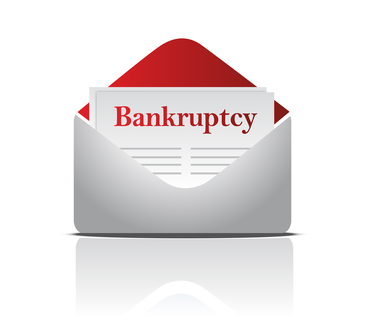Creditor Alert: Federal Judge Grants Injunction to Temporarily Block Law Slashing Judgment Interest Rate on Consumer Debts
By: Michael L. Moskowitz and Melissa A. Guseynov
 We previously reported on the Consumer Judgment Interest Act (S.5724A/A.6474A), enacted on December 31, 2021, which retroactively lowered the post-judgment interest rate from 9 percent to 2 percent. (See here: Consumer Alert: Judgment Interest on Consumer Debt Slashed by Governor Hochul). The reduction would sharply reduce the debt load for consumers who are unable to pay their debts before a judgment is entered.
We previously reported on the Consumer Judgment Interest Act (S.5724A/A.6474A), enacted on December 31, 2021, which retroactively lowered the post-judgment interest rate from 9 percent to 2 percent. (See here: Consumer Alert: Judgment Interest on Consumer Debt Slashed by Governor Hochul). The reduction would sharply reduce the debt load for consumers who are unable to pay their debts before a judgment is entered.

 In a memorandum opinion, dated February 28, 2022, United States Bankruptcy Judge Robert E. Grossman stated he will no longer entertain motions for loss mitigation in chapter 7 or 13 cases assigned to him. He explained the loss mitigation program was implemented in 2009 as a temporary administrative process due to the collapse of the mortgage industry and was never intended to become a “de facto right or a new form of bankruptcy protection.” Thus, while debtors and secured creditors may reach a consensual mortgage modification, it will be on a voluntary basis only and not court-sanctioned, as nothing in the Bankruptcy Code allows a Bankruptcy Court to “forcibly restructure a residential mortgage.”
In a memorandum opinion, dated February 28, 2022, United States Bankruptcy Judge Robert E. Grossman stated he will no longer entertain motions for loss mitigation in chapter 7 or 13 cases assigned to him. He explained the loss mitigation program was implemented in 2009 as a temporary administrative process due to the collapse of the mortgage industry and was never intended to become a “de facto right or a new form of bankruptcy protection.” Thus, while debtors and secured creditors may reach a consensual mortgage modification, it will be on a voluntary basis only and not court-sanctioned, as nothing in the Bankruptcy Code allows a Bankruptcy Court to “forcibly restructure a residential mortgage.” We have reported extensively over the years regarding the judicial treatment of student loans in bankruptcy, particularly with respect to how federal courts have interpreted section 523(a)(8) of the Bankruptcy Code, which bars a debtor from discharging certain student loan debt. See 11 U.S.C. § 523(a)(8). However, in a recent decision issued by the Court of Appeals for the Second Circuit, the court held that private student loan debt is indeed dischargeable in bankruptcy. In re Hilal K. Homaidan, Case No. 20-1981 (2d. Cir. July 15, 2021). Read the full opinion
We have reported extensively over the years regarding the judicial treatment of student loans in bankruptcy, particularly with respect to how federal courts have interpreted section 523(a)(8) of the Bankruptcy Code, which bars a debtor from discharging certain student loan debt. See 11 U.S.C. § 523(a)(8). However, in a recent decision issued by the Court of Appeals for the Second Circuit, the court held that private student loan debt is indeed dischargeable in bankruptcy. In re Hilal K. Homaidan, Case No. 20-1981 (2d. Cir. July 15, 2021). Read the full opinion 
 On May 25, 2021, the New York Senate passed Bill S153 (“Bill”), called the “Consumer Credit Fairness Act,” which: (i) establishes a 3-year statute of limitations for commencement of a cause of action arising out of a consumer credit transaction; (ii) sets forth a required notice of lawsuit that must be mailed to a defendant; (iii) establishes certain requirements for a complaint, including but not limited to attaching a copy of the contract or instrument to the complaint; and (iv) provides for arbitration of such actions. The Bill was passed in the Assembly on June 2, 2021, and will now be sent to the Governor’s desk for signature or veto.
On May 25, 2021, the New York Senate passed Bill S153 (“Bill”), called the “Consumer Credit Fairness Act,” which: (i) establishes a 3-year statute of limitations for commencement of a cause of action arising out of a consumer credit transaction; (ii) sets forth a required notice of lawsuit that must be mailed to a defendant; (iii) establishes certain requirements for a complaint, including but not limited to attaching a copy of the contract or instrument to the complaint; and (iv) provides for arbitration of such actions. The Bill was passed in the Assembly on June 2, 2021, and will now be sent to the Governor’s desk for signature or veto. A new rule proposed by the Consumer Financial Protection Bureau (“CFPB”), would create a new pre-eviction review period to grant millions of Americans more time to figure out payment options before Covid-19 federal mortgage protections expire at the end of June. A copy of the proposal can be found
A new rule proposed by the Consumer Financial Protection Bureau (“CFPB”), would create a new pre-eviction review period to grant millions of Americans more time to figure out payment options before Covid-19 federal mortgage protections expire at the end of June. A copy of the proposal can be found  In a recent opinion of interest, the Bankruptcy Court for the District of New Mexico held that a federal credit union constitutes an “instrumentality of the United States” as included in the definition of “governmental unit” pursuant to section 101(27) of the Bankruptcy Code. In re Marquez, Case No. 19-10284-j7 (Bankr. D. N.M. Sept. 30, 2020). Read the full opinion
In a recent opinion of interest, the Bankruptcy Court for the District of New Mexico held that a federal credit union constitutes an “instrumentality of the United States” as included in the definition of “governmental unit” pursuant to section 101(27) of the Bankruptcy Code. In re Marquez, Case No. 19-10284-j7 (Bankr. D. N.M. Sept. 30, 2020). Read the full opinion  n a recent opinion of significance, the Bankruptcy Court for the Eastern District of New York held that a court cannot legitimize a void foreclosure sale with a nunc pro tunc order. In re David Telles, Case No. 20-70325 (Bankr. E.D.N.Y. April 30, 2020). Read the full opinion
n a recent opinion of significance, the Bankruptcy Court for the Eastern District of New York held that a court cannot legitimize a void foreclosure sale with a nunc pro tunc order. In re David Telles, Case No. 20-70325 (Bankr. E.D.N.Y. April 30, 2020). Read the full opinion 






























 New York’s Real Property Actions and Proceedings Law (“RPAPL”) § 1304 requires a mortgage lender to notify a residential home borrower of an impending foreclosure action at least 90 days before the foreclosure action is commenced, using specific statutory language, printed in 14 point type, sent by registered or certified mail, as well as by first class mail, to the borrower. The emphasis of this article is the peril which will befall a lender if it fails to timely register the statutorily mandated notice.
New York’s Real Property Actions and Proceedings Law (“RPAPL”) § 1304 requires a mortgage lender to notify a residential home borrower of an impending foreclosure action at least 90 days before the foreclosure action is commenced, using specific statutory language, printed in 14 point type, sent by registered or certified mail, as well as by first class mail, to the borrower. The emphasis of this article is the peril which will befall a lender if it fails to timely register the statutorily mandated notice. 











